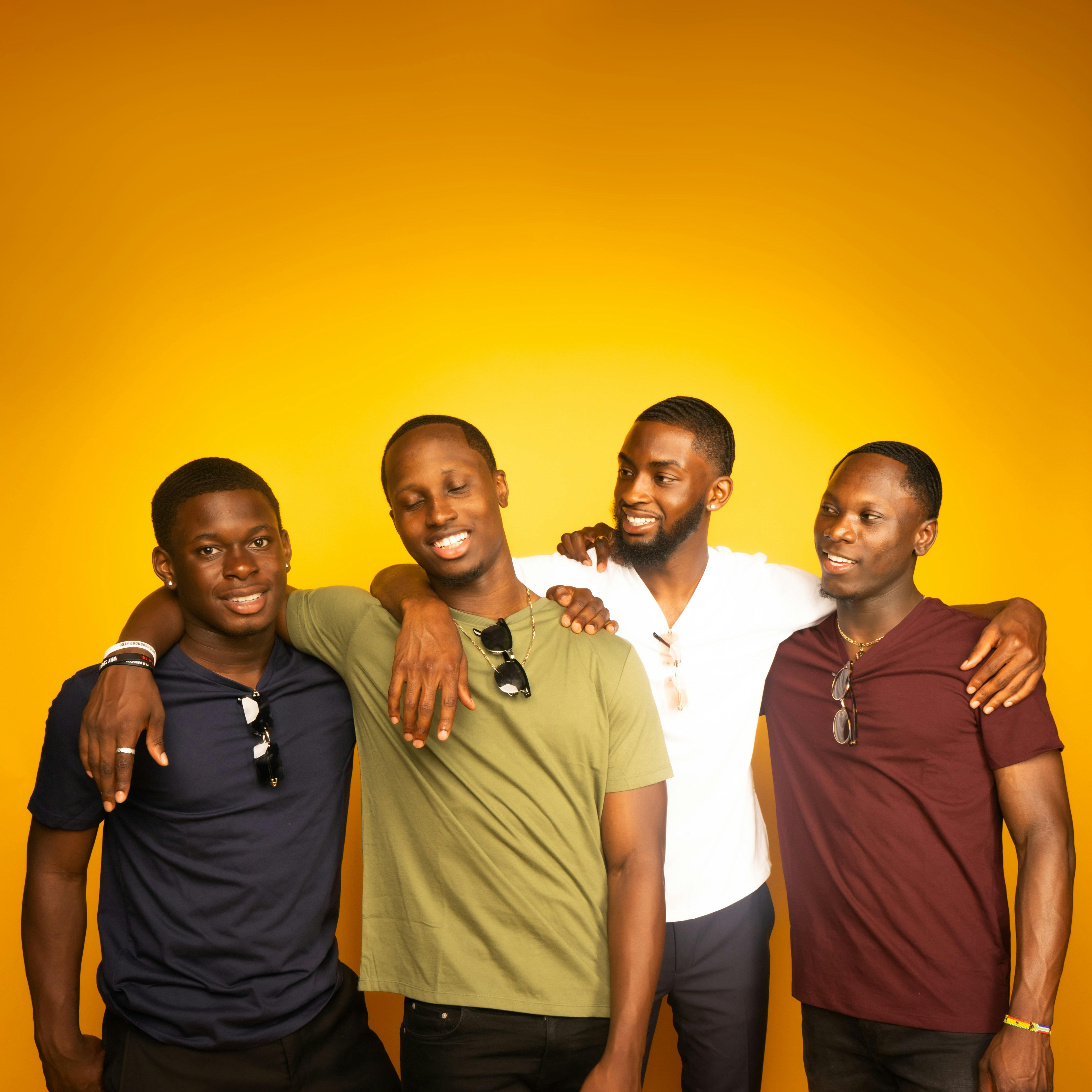In the realm of television history, few shows have achieved the iconic status of “Friends,” the sitcom that captured the hearts of audiences worldwide during its original run from 1994 to 2004. Celebrated for its memorable characters, witty dialogue, and the dynamic chemistry among its cast, “Friends” has maintained a robust presence in popular culture, continually drawing new viewers through syndication and streaming platforms. However, as societal norms and media landscapes evolve, a critical re-evaluation of the show’s legacy has emerged. This article seeks to explore whether “Friends” holds up to contemporary standards of storytelling, representation, and humor. By examining its cultural impact, thematic relevance, and the shifting expectations of modern audiences, we aim to provide an analytical perspective on whether the enduring popularity of ”Friends” is a testament to its timeless appeal or a reflection of nostalgia that overlooks its potential shortcomings.
Cultural Relevance of Friends in Contemporary Society
Since its debut in the mid-90s, Friends has been hailed as a cultural touchstone, capturing the essence of an era defined by its unique take on friendship and urban life. However, as we progress into a new age of media consumption and societal values, the show’s relevance is increasingly scrutinized. On one hand, the series continues to enjoy enduring popularity due to its relatable themes and comedic elements, which resonate with audiences seeking a nostalgic escape. On the other, modern viewers often critique its lack of diversity and stereotypical portrayals, prompting questions about its place in today’s culturally aware landscape.
- Nostalgia Factor: Many fans cherish the show for its iconic moments and characters that have become part of popular culture.
- Cultural Critiques: Critics argue that its humor and character dynamics do not align with contemporary values of inclusivity and representation.
- Streaming Success: The show’s presence on streaming platforms introduces it to new generations, perpetuating discussions about its cultural impact.

Analyzing Character Development and Representation in Friends
When diving into the intricacies of character arcs in Friends, it’s essential to consider how these characters have evolved—or perhaps not evolved—over the series’ ten-year run. Initially, each character is introduced with distinct, often exaggerated traits: Joey is the charming but dim-witted actor, Monica the neurotic chef, Chandler the sarcastic one, Ross the nerdy paleontologist, Rachel the spoiled fashionista, and Phoebe the eccentric musician. As the series progresses, the writers attempt to deepen these characterizations, but do they truly succeed in crafting complex, relatable figures?
- Joey Tribbiani: While Joey’s childlike innocence and loyalty are endearing, his lack of growth, particularly in his career and personal relationships, raises questions about character stagnation.
- Monica Geller: Her journey from a self-conscious young woman to a confident chef and wife showcases some development, yet the reinforcement of her obsessive tendencies can feel repetitive.
- Chandler Bing: Chandler’s transformation, particularly in overcoming commitment issues, presents a more nuanced arc, although his character often reverts to comedic relief.
- Ross Geller: Ross’s rollercoaster of marriages and relationships often overshadows his professional achievements, leading to a portrayal that feels inconsistent.
- Rachel Green: Rachel’s growth from a dependent daughter to an independent career woman is perhaps the most significant, though her dependency on romantic storylines often undermines her progress.
- Phoebe Buffay: Phoebe remains an enigma, with her quirky background and lifestyle choices rarely explored in depth, leaving her character somewhat static.
The representation of these characters can also be scrutinized under today’s lens, particularly in terms of diversity and inclusivity. The predominantly white cast, the portrayal of gender roles, and the handling of LGBTQ+ themes reflect a 90s sensibility that might not align with current societal expectations. As viewers re-examine the series, it becomes clear that while Friends has its timeless comedic moments, its approach to character development and representation might not meet the more progressive standards of contemporary storytelling.

Comparative Analysis of Friends Humor Across Generations
The humor of the iconic TV show Friends has often been a topic of debate, especially when viewed through the lens of generational shifts in comedy. Boomers and Gen Xers might find comfort in the show’s situational comedy, which relies heavily on traditional punchlines and character-driven jokes. Millennials, who grew up with the show, often appreciate its nostalgic value and classic comedic timing. However, the humor does not always resonate with Gen Z, who tend to favor comedy that is more self-aware and reflective of contemporary societal issues.
- Relatability: Older generations relate to the show’s themes of friendship and urban living, while younger viewers may find its scenarios outdated.
- Inclusivity: Modern audiences are more critical of the show’s lack of diversity and representation, aspects that are now considered crucial in comedy.
- Humor Style: The preference for irony and meme culture in younger generations contrasts with the straightforward jokes in Friends.
While Friends remains a beloved classic for many, its humor serves as a mirror reflecting the comedic evolution across generations. This variance in comedic taste raises the question: does the timeless charm of Friends hold up in an era of rapidly changing social norms and expectations?

Recommendations for Modern Sitcom Viewers Seeking Similar Content
For those who adore the charm of classic sitcoms like Friends but crave a fresh take, there are several modern alternatives that capture similar humor and camaraderie. Brooklyn Nine-Nine offers a comedic exploration of life in a New York City police department, blending quirky characters with sharp wit. Meanwhile, The Good Place provides a unique twist on the sitcom formula, combining philosophical musings with laugh-out-loud moments in a whimsical afterlife setting.
Consider exploring these contemporary sitcoms that echo the timeless appeal of ensemble casts and clever dialogue:
- Parks and Recreation – Celebrated for its heartwarming humor and memorable characters, this show offers a joyful look at small-town government.
- Schitt’s Creek – With its blend of eccentricity and warmth, this series follows a once-wealthy family as they navigate life in a small town.
- Ted Lasso - This feel-good comedy about an American football coach in England is praised for its positive storytelling and character development.
Each of these shows presents a modern twist on the sitcom genre, providing both laughter and an exploration of contemporary themes that resonate with today’s audiences.
The Conclusion
whether “Friends” is overrated by today’s standards is a multifaceted question that hinges on individual perspectives and evolving cultural contexts. On one hand, the series remains a beloved classic, celebrated for its humor, memorable characters, and its role in shaping 1990s television. On the other hand, some aspects of the show, such as its lack of diversity and certain outdated social norms, invite criticism when viewed through a contemporary lens. Ultimately, the assessment of ”Friends” depends on how one weighs its nostalgic value against modern expectations for inclusivity and cultural relevance. As with any piece of art, its merit lies in the eye of the beholder, shaped by personal experiences and the cultural zeitgeist of the time.
